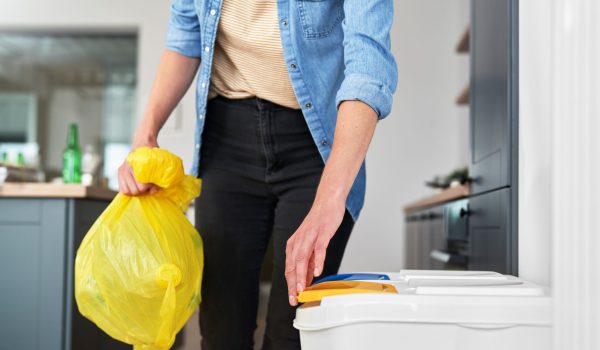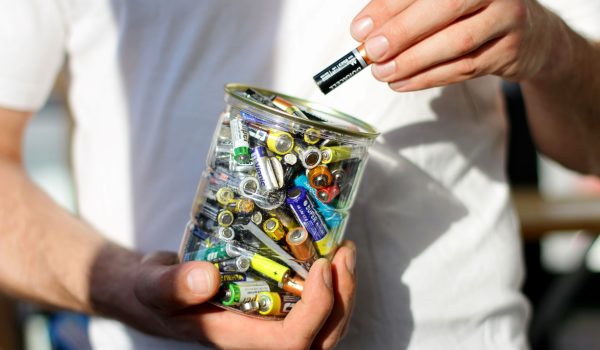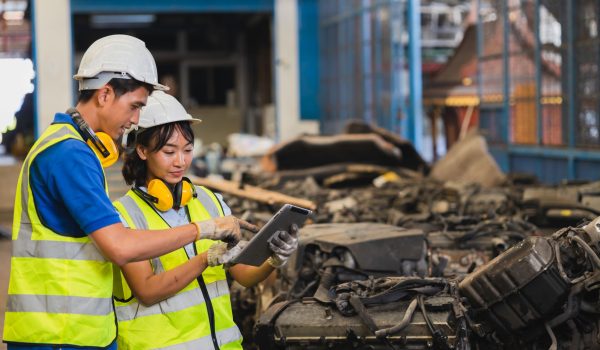The role of extended producer pesponsibility (EPR) in the energy transition
Analysis of the implementation of EPR for batteries in electric vehicles, solar panels, and wind turbines
Addressing the shift from fossil fuels to renewable energy
To facilitate the transition from fossil fuels to renewable energy, products such as solar panels, wind turbines, and battery-powered electric vehicles are essential. The rapid increase in the number of these products presents new challenges in resource and waste management, as well as a growing dependence on critical materials from foreign sources. In this policy brief, the Netherlands Environmental Assessment Agency (PBL) examines how Extended Producer Responsibility (EPR) can help tackle these challenges.
EPR can help extend the use of raw materials and materials
EPR makes producers and importers responsible for the collection and processing of products after they have been discarded. For example, products must be collected separately, allowing them or their components to be repurposed and ensuring better recovery of the materials involved. This extends the lifespan of raw materials and reduces the need for new resource extraction.
Specific challenges for key energy transition products
Batteries in electric vehicles, solar panels, and wind turbines have long lifespans, making them difficult to integrate into existing EPR systems. Additionally, reuse—such as through the second-hand market—can pose specific risks, such as safety hazards associated with batteries. Moreover, the recovery of critical and other materials is often not economically viable due to cheaper ‘downcycling’ alternatives. Lastly, EPR schemes frequently face literal and regulatory boundaries, as these products often cross borders within and outside the EU, where end-of-life management is sometimes less well regulated.
Recommendations to improve EPR in the End-of-Life phase
PBL identifies the following opportunities for EPR policy to reduce supply risks and the environmental impact of material use in these products:
- Apply EPR to more products and promote the implementation of effective EPR systems in countries both within and outside the EU.
- Better account for the specific characteristics of energy transition products in both existing and new EPR systems.
- Adjust EPR requirements to extend the lifespan of energy transition products.
- Promote higher-quality recycling and recovery of critical raw materials by implementing recovery requirements and additional requirements for recycled content in new products.
- Ensure a level playing field and facilitate enforcement.
Other relevant publications
E-waste in household residual waste
Inventory of the quantity and different types of e-waste in residual waste for 2023
Dutch households and empty batteries
Annual survey into the knowledge, attitude and behaviour of Dutch households regarding empty batteries
The global e-waste monitor 2024
The global e-waste monitor is the most up-to-date overview of global e-waste data, statistics and progress in policy and regulation.







